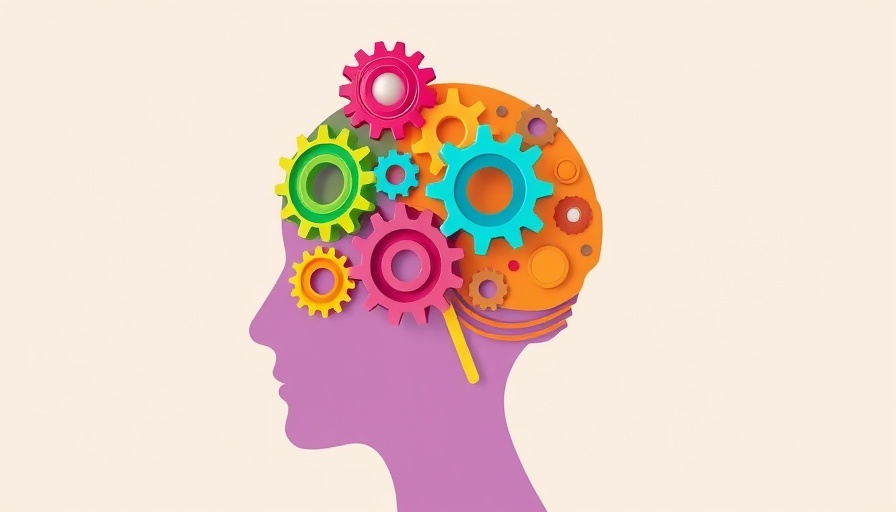
Rethinking Childhood Learning: The Impact of Game-Based Training
In recent years, the significance of executive function and core math skills in childhood development has become a focal point for educators and parents. Game-based training, emerging as a revolutionary educational tool, is showing profound promise in enhancing these skills. Research indicates that engaging children with games tailored to foster strategic thinking not only improves academic performance but also sharpens cognitive abilities essential for everyday problem-solving.
Why Game-Based Learning Works
The roots of game-based training lie in its ability to merge learning with play—an approach that resonates deeply with children. Gamification encourages active participation, making learning dynamic rather than passive. According to cognitive scientists, this interactive method activates areas of the brain associated with memory and critical thinking, leading to enhanced executive functions. As children navigate challenges and make decisions in games, they practice skills like impulse control, flexibility, and working memory, which are crucial for success in both academic and real-world environments.
A Closer Look: Linking Play to Academic Success
Studies demonstrate the tangible benefits of game-based training in math skills development. For instance, a recent study published in a leading educational journal revealed that children who engaged in game-based math exercises scored higher on standardized tests compared to their peers who relied on traditional learning methods. This finding sparks an important discussion around integrating play into educational curriculums, especially in a world where academic pressures continue to mount.
Preparing Future Leaders: Implications for Executives and Educators
Understanding the importance of executive function is not just relevant for educators but also essential for business leaders aiming to nurture future talents. As dynamics in the workplace evolve, the demand for employees equipped with strong cognitive skills is paramount. Executives should consider advocating for programs that emphasize game-based learning as part of leadership development, recognizing that today’s children are tomorrow’s innovators.
Potential Challenges: Understanding the Balance
However, while the benefits are clear, some may raise concerns about the potential downsides of game-based learning. Critics argue that excessive screen time could lead to diminished attention spans. Thus, it becomes critical to strike a careful balance, ensuring that games enhance learning without overtaking other essential learning modalities. Integrating game-based training should not mean eliminating traditional teaching methods but complementing them to foster a holistic learning environment.
Future Predictions: Trends in Learning and Leadership
As we look to the future, the role of game-based training is likely to expand beyond traditional educational settings. Thought leaders in cognitive performance anticipate that as data-driven insights continue to emerge, the adoption of gamified learning experiences will proliferate in early childhood education. Furthermore, companies may implement these training programs in corporate settings to develop leadership skills and enhance team collaboration.
Actionable Insights for Business Leaders
Business leaders looking to tap into this potential should consider the following actionable strategies: implementing game-based workshops for team development, sponsoring educational programs that utilize gamification, and advocating for policies that support play-based learning in schools. By taking proactive steps, leaders can pave the way for a workforce that is not only skilled but also innovative and adaptable.
In conclusion, the evidence is compelling: game-based training can significantly boost executive function and math skills in children. As stakeholders in the education and business sectors, we must embrace these transformative practices, recognizing their potential to foster a generation of learners equipped to tackle the complex challenges of our rapidly changing world. Let’s lead the charge for educational reform that prioritizes cognitive development through innovative approaches.
 Add Row
Add Row  Add
Add 




Write A Comment